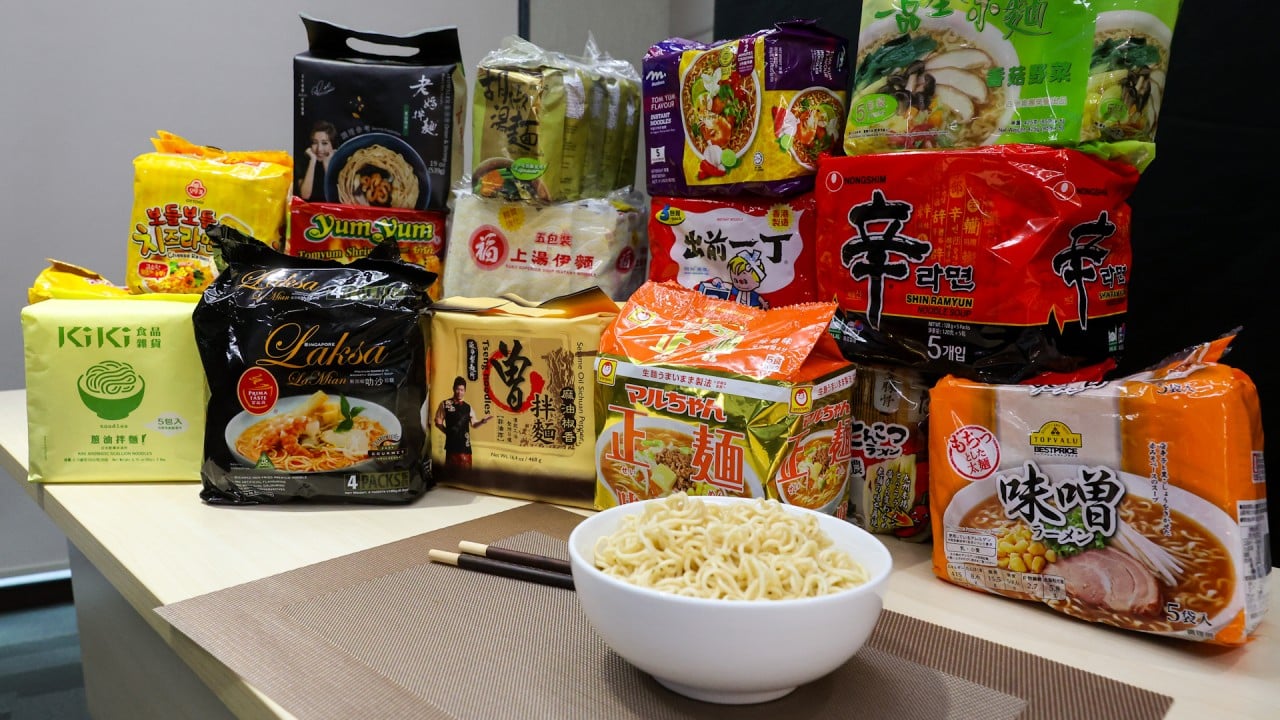“Through this partnership, surgeons, oncologists and other medical professionals will create a nationwide, multidisciplinary cancer network,” New Frontier said.
The group's main goal is to establish a “complementary cancer treatment environment” in the Bay Area to benefit more cancer patients, which would take full advantage of the advantages of both Hong Kong and mainland China, Leung said at a press conference announcing the deal.
As a hub of healthcare innovation, Hong Kong has easy access to cutting-edge medicines, international medical talent and innovative treatment solutions, while mainland China's government-led centralized pharmaceutical procurement offers price advantages, Leong explained.
Hong Kong doctors can practice in mainland China and mainland Chinese patients can access Hong Kong's medical resources, he said.
Leung served as Hong Kong's Financial Secretary from May 29, 2001 until his resignation in July 2003.
He currently serves as Chairman of New Frontier, as well as Group Chairman and CEO of private conglomerate Nan Fung Group, and Chairman of charitable organisations Heifer International Hong Kong and Food Angel.
Leung said cancer is highly prevalent in both mainland China and Hong Kong, especially given the rapid ageing of the population.
Carl Wu, CEO and co-founder of New Frontier Group, said that in less than two decades, China has recorded more than five million new annual cancer cases.
He predicted that figure could approach 10 million within the next decade, roughly three times the number of new cancer cases in the United States.
Wu said at the media event that the number of cancer diagnoses in the Bay Area has more than doubled over the past decade.
He noted that there has been an increasing trend of Hong Kong residents seeking medical care in mainland China.
With the rapidly growing patient population driving demand for cancer treatments, oncology has become one of the key growth pillars in New Frontier's strategic roadmap, Wu said.
Three years ago, the company's oncology business in China and Hong Kong generated less than 100 million yuan (US$13.8 million) in revenue. Now, UFH, Heal Oncology and HKIOC's combined revenue has reached 600 million yuan, excluding revenue from oncology surgery, he said.
A cross-border cancer care ecosystem would provide a wider range of medical options, allowing Bay Area patients to decide where to receive treatment based on their needs and financial situation, HKIOC co-founder Ronnie Poon Tong-ping said at a press conference on Thursday.



